TOPICAL PROBLEMS OF THEORY OF LITERATURE AND LITERARY CRITICISM
Luiza K. Oliander
Nikolay Gogol in Gogoliana Dialogic Field of the 20th – Early 21st Centuries. DOI: 10.32342/2523-4463-2020-1-19-1 ![]()
Liudmyla V. Pasko
Inter Arma Silent Musae: on Situation in American Literature in 1860–1870s. DOI: 10.32342/2523-4463-2020-1-19-2 ![]()
Nina M. Rakovskaya
To the Question of the Critical Text Boundaries. DOI: 10.32342/2523-4463-2020-1-19-3 ![]()
Eleonora G. Shestakova
Reality Show and Theater Culture: Problems of Mutual Crossing Out. DOI: 10.32342/2523-4463-2020-1-19-4 ![]()
LITERARY TRADITIONS: THE DIALOGUE OF CULTURES AND EPOCHS
Olga V. Bogdanova, Ludmyla V. Yevgrafova
“Petersburg Text” by Victor Pelevin (Story “The Crystal World”). DOI: 10.32342/2523-4463-2020-1-19-5 ![]()
Myroslava I. Venhryniuk
The Functions of Etnocultural Stereotypes in a Literary Text (Based on the Novel “To Kill A Mockingbird” by Harper Lee). DOI: 10.32342/2523-4463-2020-1-19-6 ![]()
Tatyana N. Potnitseva
“We Must Love One Another or Die…” The Conversation of Prayers (W.H. Auden – S. Maugham – D. Thomas). DOI: 10.32342/2523-4463-2020-1-19-7 ![]()
Galina V. Sinilo
Dialogue of Cultures, Poetics of Memory and Biblical Archetextuality in the Paul Celan’s Poetry. DOI: 10.32342/2523-4463-2020-1-19-8 ![]()
Larysa O. Fedorenko
(Post)-Brecht Theatre: Lehrstück as a Macrosystem. DOI: 10.32342/2523-4463-2020-1-19-9 ![]()
Elena S. Annenkova
“To Leave the Memories about Yourself in the World”: Autobiographism as G. Kuznetsova’s Artistic Strategy. DOI: 10.32342/2523-4463-2020-1-19-10 ![]()
Olena F. Buriak
Fantastic Elements in the Small Prose by Lyubov Ponomarenko. DOI: 10.32342/2523-4463-2020-1-19-11 ![]()
Yegyana M. Garasheva
Gothıc Novel ın the Englısh Lıterature of the 18–19th Centurıes. DOI: 10.32342/2523-4463-2020-1-19-12 ![]()
Lyudmyla M. Kulakevych
Y. Shpol’s Underground Novel “Zoloti Lyseniata” (“Little Golden Foxes”): The First Ukrainian Narrative Quest. DOI: 10.32342/2523-4463-2020-1-19-13 ![]()
Maria I. Lavrusenko
An Artist in the Postcolonial World in the Novel By Volodymyr Danylenko “The Club ‘Old Pegasus’”. DOI: 10.32342/2523-4463-2020-1-19-14 ![]()
Ludmila O. Shevchenko
The Images of the World and a Man in Baroque Poetry. DOI: 10.32342/2523-4463-2020-1-19-15 ![]()
Ainura S. Bagirova
Reflection of Turkish History in Ethnonyms of Isa Huseynov`s Works. DOI: 10.32342/2523-4463-2020-1-19-16 ![]()
Ilhama T. Bakhshalieva
Artistic Reflection of the 1930–1950s Problems of Women`s Emancipation in the Azerbaijanian Novel. DOI: 10.32342/2523-4463-2020-1-19-17 ![]()
Viktoriya G. Zhyla
Phraseological Representation of Negative Emotions in Korean Linguistic Culture. DOI: 10.32342/2523-4463-2020-1-19-18 ![]()
Dilyara R. Kuliyeva
Actual Division of the Sentence and Process of Creating Speech in the Azerbaijani Language. DOI: 10.32342/2523-4463-2020-1-19-19 ![]()
Rena H. Mammadova
About Language Features of “Qabus Nameh”. DOI: 10.32342/2523-4463-2020-1-19-20 ![]()
Irada A. Musaeva
The Policy of Hegemonic States in the Text of Historical Novels (Based on Y.V. Chamanzamin`s Novel “Between Two Flames”). DOI: 10.32342/2523-4463-2020-1-19-21 ![]()
Vyusalya V. Abbasova
Modern Approaches to the Concept of Social and Cultural Metaphor. DOI: 10.32342/2523-4463-2020-1-19-22 ![]()
Oksana B. Vasylyk
Types of Eclesionims` Nomination in Uman Region of the 18-19th Centuries. DOI: 10.32342/2523-4463-2020-1-19-23 ![]()
Oksana M. Hordii
Expressive and Communicative Phraseology of Modern German in Internet Media. DOI: 10.32342/2523-4463-2020-1-19-24 ![]()
Iryna D. Grechukhina, Iryna P. Saсhno
The Lexical-Thematic Group of Catering Industry Establishment Names (Comparative Aspect). DOI: 10.32342/2523-4463-2020-1-19-25 ![]()
Dzhamalya F. Huseynova
Features of Speech Acts in “Question-Answer” Discourses. DOI: 10.32342/2523-4463-2020-1-19-26 ![]()
Abida R. Iskenderova
Features of Various Functional Styles Analysis from the Point of View of Text and Discourse. DOI: 10.32342/2523-4463-2020-1-19-27 ![]()
Iryna I. Koval
The Conceptualization of Human Beauty by Phraseological Units of the German Language. DOI: 10.32342/2523-4463-2020-1-19-28 ![]()
Iryna V. Milieva, Mariia O. Khodakivska
Use of Associative Psycholinguistic Experiment for Determining the Eupemisticity of Phrases. DOI: 10.32342/2523-4463-2020-1-19-29 ![]()
Lilia O. Molhamova
Framework Model of the Name of the DEATH Concept. DOI: 10.32342/2523-4463-2020-1-19-30 ![]()
Nataly I. Palamar
Specificities of the Laudatory Speech Closing Part. DOI: 10.32342/2523-4463-2020-1-19-31 ![]()
Olena M. Turchak
Epitet as a Creative Element of Hryhir Tiutiunnyk`s Idiostyle. DOI: 10.32342/2523-4463-2020-1-19-32 ![]()
Inna V. Tsymbal
Lexical and Stylistic Features of the French News Press Headlines in the Context of the Coronavirus Epidemic. DOI: 10.32342/2523-4463-2020-1-19-33 ![]()
Olga V. Shapochkina
Typologie of Inertive Constructions with Participle II: on the Matherials of the Old Germanic Languages (6-13th Centuries). DOI: 10.32342/2523-4463-2020-1-19-34 ![]()
Natalia Yu. Shyian
Hyper-Hyponymic Relationships (on the Material of Biological Models in Modern English). DOI: 10.32342/2523-4463-2020-1-19-35 ![]()
Yelena I. Shtatnaya
Structural and Syntactic Features of the Headline Complex. DOI: 10.32342/2523-4463-2020-1-19-36 ![]()
Nataliia M. Hrytsiv, Juliia I. Shyyka
Ethnocultural Component in Bilingual Education: Introductory Remarks. DOI: 10.32342/2523-4463-2020-1-19-37 ![]()
Nataliia V. Zinukova
Professional Competence in Consecutive Interpreting for Masters of Arts in Philology: Theoretical Basis. DOI: 10.32342/2523-4463-2020-1-19-38 ![]()
Oksana M. Melnyk, Tetyana V. Nikiforova
Reproduction of Nationally Biased Units in the Popular-Scientific Text (on the Material of Kate Fox`s Research “Watching the English”). DOI: 10.32342/2523-4463-2020-1-19-39 ![]()
Eleonora G. Shestakova
“But the verses remained – the Thin Ashes of the Singing Heart...” Book Review: Daniel Andrzej Banasiak “The Poetry Ensemble” “Russian Gods” by Daniil Andreev in the Aspect of Intertextuality”. ![]()



